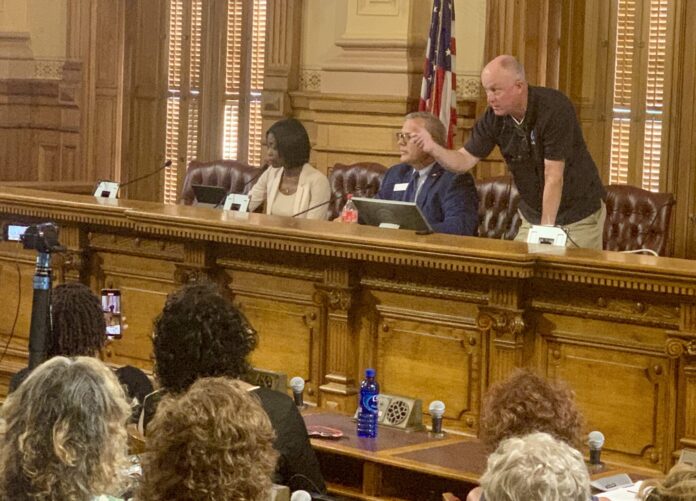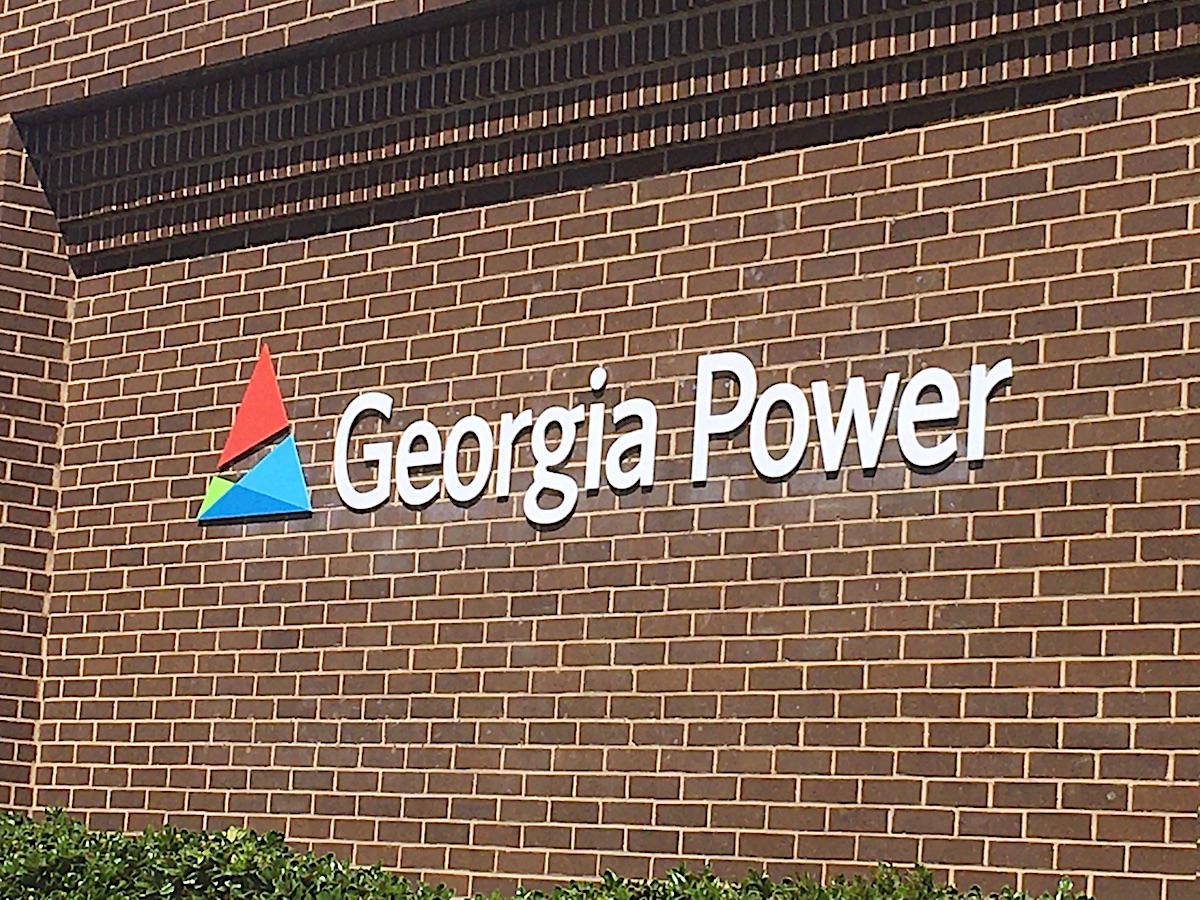
(Georgia Recorder) — The nonprofit government watchdog group that sued to overturn votes taken at a Georgia State Election Board meeting earlier this month, held despite warnings from the Georgia Attorney General, says it will continue to monitor the board’s actions after the panel rescinded its earlier vote during a virtual meeting Tuesday afternoon.
Tuesday’s meeting was set in the wake of a lawsuit filed by American Oversight on July 19 against conservative-appointed election board members Rick Jeffares, Janice Johnston, and Janelle King, alleging they failed to provide timely public notice for the July 12 meeting that did not have enough board members present. Those three board members say they are unsure or don’t accept that President Joe Biden was the winner of Georgia’s 2020 presidential election.
During its regularly scheduled meeting on July 9, the board advanced several rules, moving forward changes that require public notification for 30 days before final adoption at a subsequent meeting. The three conservative members rushed to call a meeting later that week to push through more changes in a way that the state’s top enforcer of Georgia’s Open Meetings Act warned in advance could violate the law.
“We’re pleased that our lawsuit, along with pressure from partner organizations on the ground in Georgia, has prompted the Board to withdraw the illegally approved rules from its sham July 12 meeting. However, we remain deeply concerned by the Board’s decision to promptly revisit these problematic measures — including those coordinated with the state and national GOP — that serve to intimidate election workers and grant partisan advantage to preferred candidates this November,” American Oversight said in a statement after Tuesday’s election board meeting. “We will continue to closely monitor the Board to ensure it does not engage in additional unlawful actions while behind closed doors and unaccountable to the people of Georgia.”
The election board’s next regularly scheduled meeting is Aug. 6.
American Oversight claims in the lawsuit the three Republican board members orchestrated an illegal meeting to advance rules that would dramatically increase the number of partisan poll watchers permitted at tabulation centers, burdening election workers in the process. The board chairman and its lone Democratic member were unable to attend the meeting because of previous commitments that they say were known to the other members.
Georgia law requires the State Election Board to provide at least one week’s notice to hold regular meetings, while emergency meetings should be announced 24 hours in advance except in limited circumstances. American Oversight claims that notice of the July 12 election board meeting was not publicized in the customary methods of posting online to the board’s website and emailed to its subscriber list.
The plaintiffs also claim that since Johnston appeared via videoconference instead of in person, the meeting did not meet the requirements for a majority quorum of three members. According to the lawsuit, the public should also have been able to view a stream of the meeting online in accordance with state laws if a board member appearing virtually was counted as part of the quorum.
The timeline for the July 12 meeting dates to the July 9 all day meeting that was filled with several hours of public comments before the state board was presented with several state rules. Chairman John Fervier announced that the meeting would reconvene the following morning, but that meeting did not resume because the only members in attendance were Fervier and Sara Ghazal.
On July 12, King defended the decision to continue the July 9 meeting, saying not doing so risked putting any progress from the prior meeting on hold for another month until the board’s next scheduled meeting.







